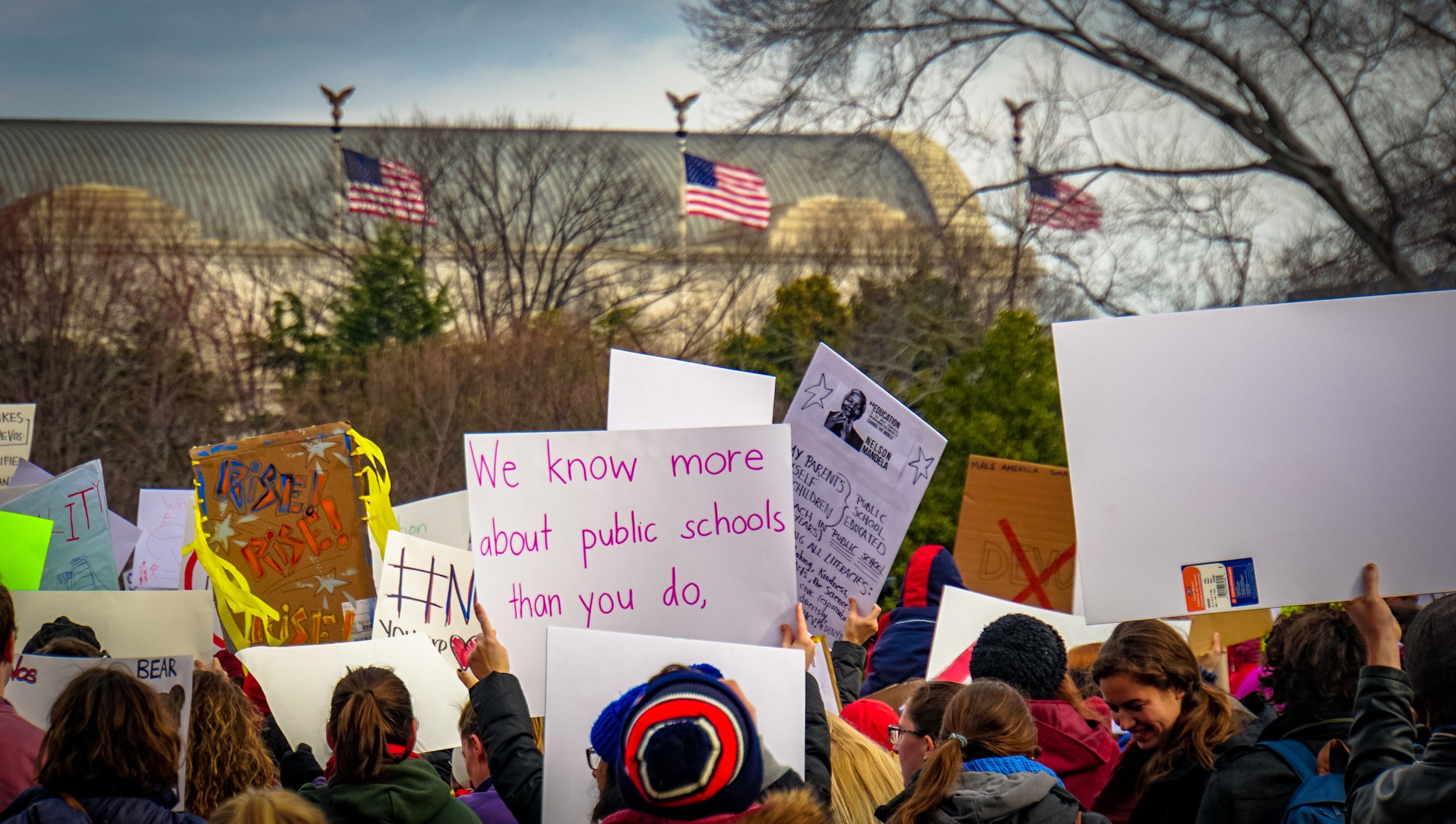The U.S. government and faith-based organizations have worked together since the dawn of the United States. The same Congress that prevented the government from endorsing or becoming too involved in religious activities through the First Amendment also set aside land for churches in the Northwest Territory, later Ohio, in the 1780s. Funds to support recently emancipated people after the Civil War were often channeled through Christian schools and agencies.
In the wake of World War II, faith-based relief organizations worked hand-in-hand with the U.S. government to deliver aid and address hunger, poverty, and displacement around the world. In the early 2000s, the George W. Bush administration created its “faith-based initiatives” program, which made religious social-service providers—including evangelical groups—institutionalized partners of the U.S. government.
But in his second term, President Donald Trump has quickly signaled a drastic shift in this relationship. In executive orders, Trump froze federal grants flowing to religious nonprofits; terminated refugee resettlement programs, most of which are run by religious organizations; and suspended foreign aid pending review. The Trump administration effectively dismantled the United States Agency for International Development (USAID), which partners with an array of religious charities and communities.
The administration’s efforts face legal challenges on multiple fronts. A federal judge in Washington ordered a temporarily lift to the funding freeze that halted U.S. foreign aid. Meanwhile, religious groups have challenged the administration’s cuts, arguing that they disproportionately harm vulnerable populations. In separate suits, multiple faith-based organizations have challenged what they say is the unlawful suspension of refugee resettlement programs.
Faith leaders fear that such measures are just the beginning of a larger realignment of the U.S. government’s relationship with religious groups toward an aggressive attitude of brute force and domination.






